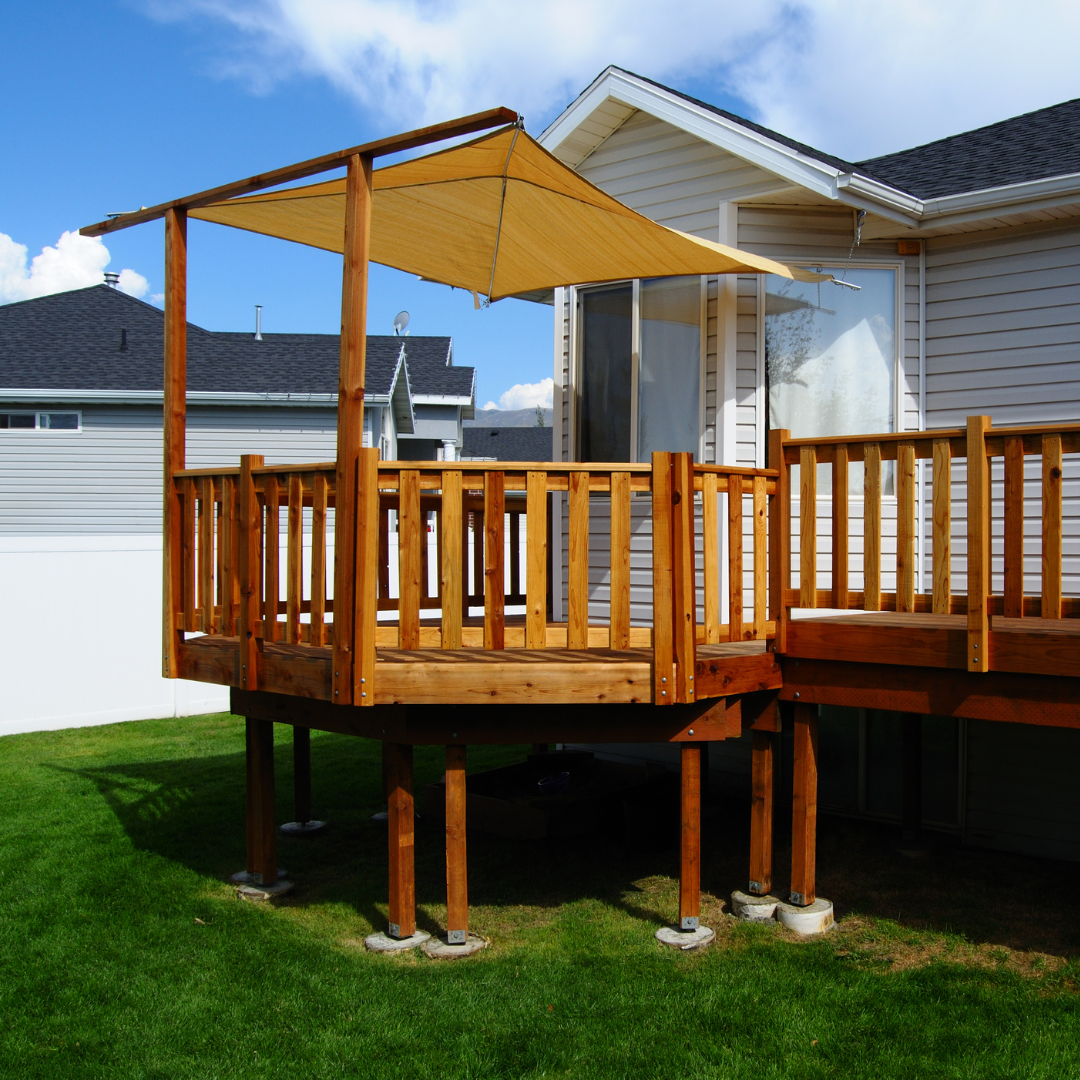
How to Choose the Best Materials for Your Decks
Understanding Your Decking Material Options
Selecting the right materials for your decks is key to ensuring durability, aesthetics, and long-term maintenance. With a variety of options available, it’s important to consider factors like climate, budget, and how you plan to use your deck. The most popular choices include wood, composite, PVC, and aluminum—each with its own advantages and trade-offs.
Wood: Classic and Natural Appeal
Wood remains a favorite for decking due to its natural beauty and timeless look. Some of the most popular wood options include:
- Pressure-Treated Wood – An affordable and widely available choice that resists rot and insect damage. However, it requires regular maintenance like staining and sealing to prevent deterioration.
- Cedar and Redwood – Naturally resistant to decay and pests, these woods offer rich, warm tones but need periodic sealing to maintain their vibrant color.
- Hardwoods (Ipe, Mahogany, Teak) – Known for their dense composition and long lifespan, hardwoods provide a luxurious aesthetic. However, they come at a higher cost and often require specialized installation.
Wood decks require frequent care, including staining, sealing, and cleaning, making them a higher-maintenance option compared to other materials.
Composite Decking: Low Maintenance and Long-Lasting
Composite decking, made from a mix of recycled wood fibers and plastic, is a great alternative to traditional wood. Its benefits include:
- Durability – Resistant to warping, rotting, and splintering, making it ideal for long-term use.
- Low Maintenance – No need for staining or sealing—just occasional cleaning.
- Eco-Friendly Options – Many brands use recycled materials, making composite decking a more sustainable choice.
Although composite decking has a higher upfront cost than wood, its long lifespan and minimal upkeep make it a cost-effective investment in the long run.
PVC and Aluminum: Ultra-Durable and Weather-Resistant
For homeowners looking for superior durability and weather resistance, PVC and aluminum are excellent options.
PVC Decking
Made entirely from synthetic materials, PVC decking is:
- Waterproof and Mold-Resistant – A great option for humid or coastal environments.
- Fade-Resistant – Retains its color with minimal fading over time.
- Lightweight and Easy to Install – Available in various styles and colors for easy customization.
While PVC decking is durable, it can be more expensive and lacks the natural warmth of wood.
Aluminum Decking
A premium choice, aluminum decking offers:
- Exceptional Durability – Resistant to rust, corrosion, and insect damage.
- Fire Resistance – A safe option for fire-prone areas.
- Heat Reflection – Stays cooler under direct sunlight compared to wood or composite decks.
Although aluminum decking is among the most expensive options, it requires virtually no maintenance and can last for decades.
Choosing the Right Material for Your Needs
When deciding on decking materials, keep these factors in mind:
- Climate: If you live in a humid or rainy area, composite, PVC, or aluminum will withstand the elements better. Dry climates can accommodate hardwood or pressure-treated wood.
- Budget: Pressure-treated wood is the most budget-friendly, while hardwood, composite, and aluminum are pricier but more durable.
- Maintenance: If you prefer minimal upkeep, composite, PVC, or aluminum will save you time and effort.
- Aesthetics: Natural wood offers warmth and charm, while composite and PVC provide a uniform appearance with fewer maintenance demands.
The best decking material depends on your specific needs, climate, and budget. Whether you love the classic appeal of wood or prefer the durability of composite or aluminum, choosing the right material ensures a long-lasting and beautiful outdoor space. Investing in quality materials now means more time enjoying your deck and less time worrying about maintenance.
Palm Construction
1730 W Cameron Ave, Ste 200 West Covina, CA 91790
https://palmconstructionca.com
562-625-2600
